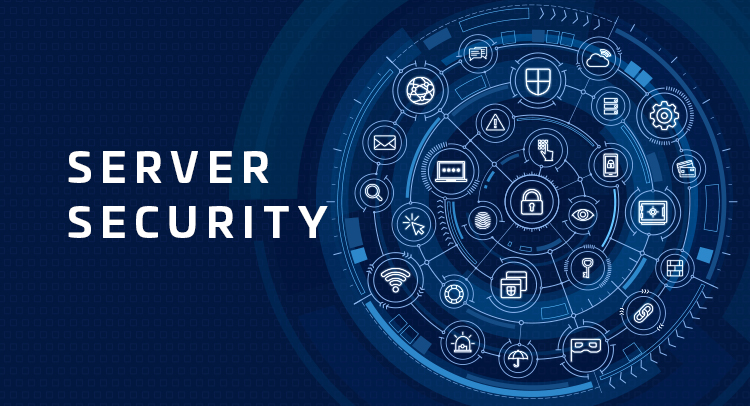Today, where almost everything is digital and connected online, ensuring the security of your personal data and sensitive information is crucial. One of the easiest and most effective ways to enhance the security of your devices and data is by regularly updating the software on your devices.
Software updates often come with important security patches that fix vulnerabilities that hackers can exploit to access your devices and data. Here are some key reasons why you should regularly update your software:
- Improved Security
Hackers and cybercriminals are always finding new ways to exploit vulnerabilities in software, but software developers are always releasing updates to patch up those vulnerabilities. Software updates often include important security fixes that can prevent cyberattacks and protect your personal data from unauthorized access.
- Bug Fixes
Software updates often come with bug fixes that can enhance the functionality and stability of your devices and software. Some bugs can cause issues that may compromise your device’s security or lead to data loss or corruption. Updating your software ensures that these bugs are fixed, which can improve the overall performance of your devices.
- Compatibility with New Technologies
Software updates often come with new features and functionalities that improve the user experience or make it compatible with new technologies. By keeping your software updated, you can take advantage of these new features and ensure that your devices remain compatible with new technologies and devices.
- Improved Performance
Software updates will usually help improve the overall performance of your devices by optimizing resource usage and reducing resource-intensive processes. This ensures that your devices are running smoothly and efficiently, which can help prolong their lifespan.
The consequences of not updating can be dire, as cybercriminals are constantly finding new vulnerabilities to exploit. By making software updates a routine part of your digital hygiene, you can stay one step ahead of attackers and minimize the risk of data breaches or identity theft. Remember, prevention is always better than cure when it comes to cybersecurity. So, take a few minutes this weekend to ensure that all your software is up to date, and stay safe online.



